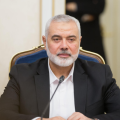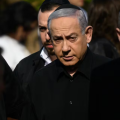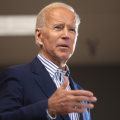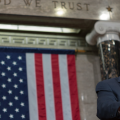Netanyahu’s Visit to the U.S.: Implications for Israel-Hamas Negotiations
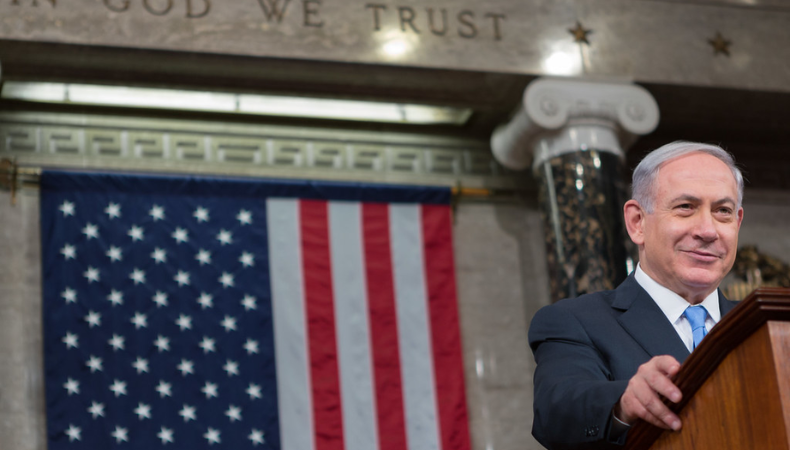
Though there is no quick solution in sight, Israeli Prime Minister Benjamin Netanyahu’s visit to the United States comes at a pivotal point as discussions to end the Israel-Hamas war keep moving forward. Recovering hostages from Gaza is also under progress. Mediated by Egypt, Qatar, and the United States, the complex and delicate negotiations seek to generate a gradual cease-fire deal. This will not only stop the continuous fighting but also guarantee the release of captives. But conflicts about the future governance of Gaza and the longevity of any cease-fire deal have constantly stopped development.
Netanyahu’s Congressional Speech
Netanyahu’s promise of “total victory” in Gaza, given loud Congress applause, runs the danger of aggravating relations with Hamas at a sensitive point in the negotiations. Although his strong posture may appeal to some parts of the global public, it also invites more U.S. pressure for actual participation in cease-fire initiatives. Critics charge Netanyahu of purposefully postponing talks to extend the crisis for political advantage. Originally supposed to visit Qatar for more negotiations, a group of Israeli negotiators was held back and might be sent next week.
Possibly Effects of Netanyahu’s Visit
Netanyahu’s trip to the US might have increased the need of forging a compromise. But he seemed to steer clear of openly talking about the cease-fire negotiations throughout the trip, which infuriated Israeli hostages families feeling their issues were disregarded. Although public demand for a solution is still strong, Netanyahu also faces resistance from his far-right coalition allies, who object to any arrangement meant to bring about a ceasefire. His remarks to Congress barely mentioned the captives, implying that negotiating a deal is merely one of numerous concerns in his talks with American officials.
Still, the visit exposed Netanyahu to direct pressure from Israel’s principal ally. During their discussions with Netanyahu, President Joe Biden and Vice President Kamala Harris underlined the need of resolving gaps on a hostage solution. Particularly Harris sent a strong message that it is time to call off the conflict and release the captives. Notwithstanding this pressure, Netanyahu’s emphasis on keeping support from his coalition allies points to the trip as being part of a more general plan to postpone closing a deal.
Tensions toward Hamas
Tensions with Hamas have been raised by Netanyahu’s visit and strong address in Congress, therefore complicating the continuous negotiations. Angry by Netanyahu’s presence in the United States, Hamas accused him of being insincere about initiatives to stop the war and free captives. The militant organization denounced Netanyahu’s assertions as false and charged him with undermining efforts at a deal’s conclusion. Hamas has not stopped participating in the negotiations, hence it seems that conversations might go on.
Difficulties in Negotiators
With the cease-fire plan suggesting an initial six-week period whereby Hamas would free some hostages in exchange for an Israeli pullout from inhabited areas, the discussions present formidable difficulties. This stage seeks to let Palestinians back home and boost humanitarian relief. The next phase—that which entails Israel’s complete departure from Gaza and the release of all last hostages—remains controversial. After suggesting a one-phase agreement to release certain hostages, Israeli officials would begin their military campaign against Hamas—a scenario Hamas rejects.
Emphasizing the requirement of a sizable number of captives to be freed in the first phase, Netanyahu’s remarks before his U.S. trip indicate Israel’s cautious stance. Echoing this view, Defense Minister Yoav Gallant proposed a compromise for the release of several hundred captives before calling military operations back on. While lowering its demand for a total end to the fighting upfront, Hamas looks for assurances from mediators that negotiations and the cease-fire would last until a lasting agreement is attained.
Keep On Reading
Key concerns like Israel’s military presence in Gaza, humanitarian aid, and post-war Gaza’s government are being addressed by mediators Emphasizing the need of a thorough future strategy for Gaza, U.S. National Security Adviser Jake Sullivan underlined these aspects.
Looking Ahead
The office of Netanyahu has not indicated when the Israeli negotiating delegation will start discussions. Netanyahu promised “total victory” over Hamas and confirmed Israel’s will to liberate hostages in his speech before Congress. This twin approach emphasizes the intricacy of the matter, in which military goals and humanitarian considerations are tightly entwined.
Hamas waits for an official Israeli reaction to its suggested changes; the course of the negotiations is yet unknown. With Netanyahu’s U.S. visit so important in determining the direction of these crucial negotiations, the continuous diplomatic efforts highlight the careful balance needed to attain a long-lasting peace in the region.

